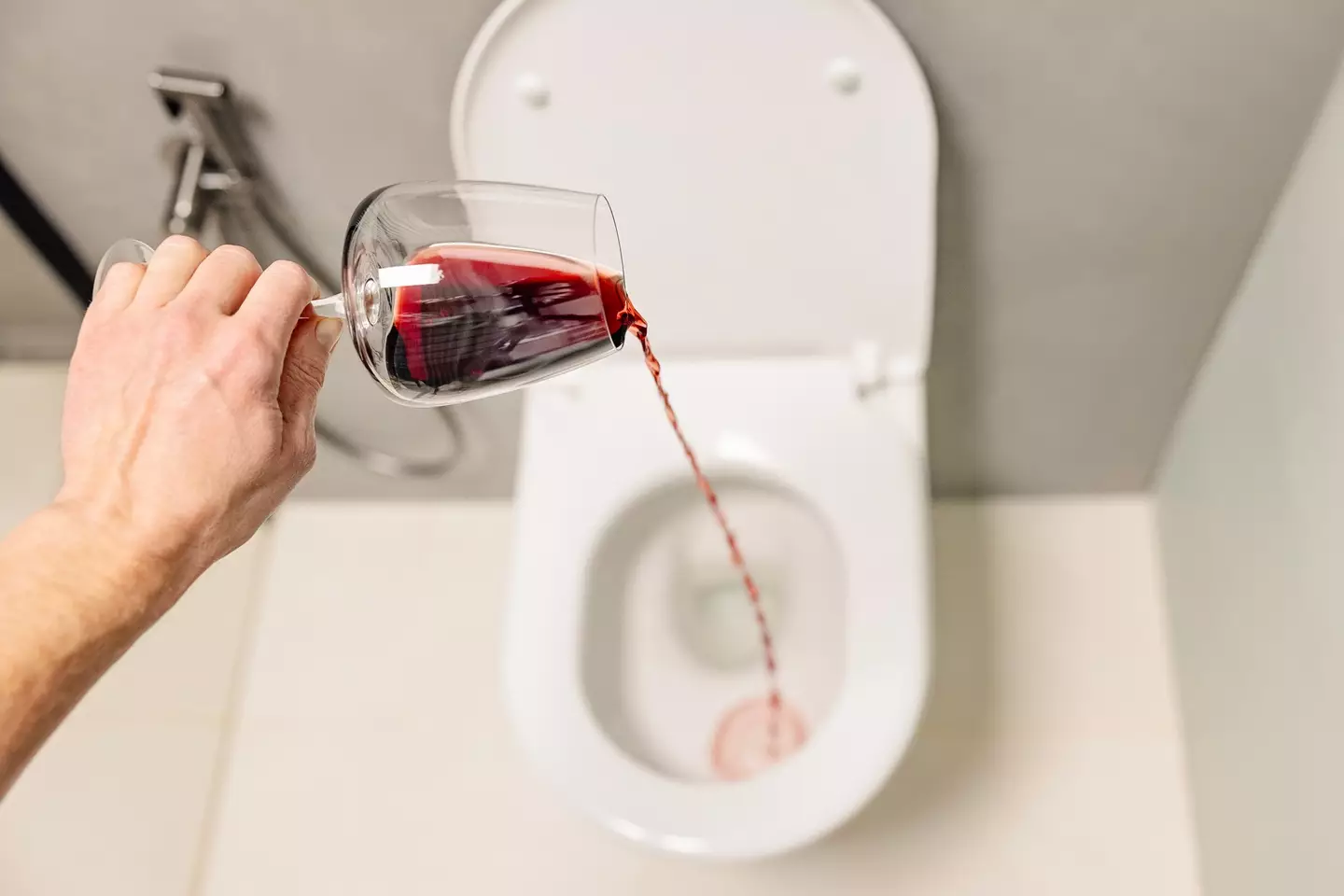
Warning: This article contains discussion of alcoholism which some readers may find distressing.
A doctor has explained exactly what happens to your body when you start drinking again after going sober.
With Christmas and the colder nights approaching, many people will be keeping themselves busy in the pubs in the coming months, before promising to give it up when Dry January comes around in 2026.
While it's never a bad thing to try going sober, considering the many health benefits you'll experience from banishing the booze, a doctor has warned that it could all be fruitless if you return to drinking regularly shortly after the month is done.
Advert
Benefits of going sober include weight loss, better sleep and improved liver function, so it's perhaps no surprise to see so many young people now embrace sobriety altogether.
For those of you planning on giving it up in the new year, it's worth remembering that any positive side effects you experience could quickly go out of the window if you start to drink heavily again soon after.
What happens immediately after you take a break from alcohol?
GP Dr Ross Perry explains: “After your last drink, the liver starts working overtime and the pancreas starts producing extra insulin.
"It’s important to drink lots of water, as your body will be flushing out toxins via the liver and kidneys, so you’re going to the loo more.”

After 72 hours, you'll start to see the benefits of having no booze in the system, which emphasises why you should always space out your drinking if you want to give your body time to properly recover.
After two weeks 'you will likely see a drop in body weight, eye bags reduced and far less overall bloating around the stomach, as well as clearer skin,' Dr Perry added.
“After three weeks, blood pressure may reduce. A month in, skin and eyes will look brighter and clearer – liver fat reduces by up to 15 percent, increasing its ability to flush out toxins.
"Mild liver disease, such as fatty liver can be reversed completely [how long this takes will depend on the state the liver is in and how old the person is] over time, if a person stops drinking alcohol altogether.
“When there is no alcohol in your blood for several months, often, the liver cells can gradually repair and return to normal.”
How helpful is giving up alcohol for a month if you then start drinking again?

Abbas Kanani, of Chemist Click suggests that while taking a break for four or five weeks can be a great start, it might have all been for nothing if you return to your old habits.
He said: “It takes around 30 days to form a habit so not drinking for four or five weeks can help you stop.
"Thirty days without drinking is not long enough to reverse any long-term damage. If you go straight back to drinking, it will have been a waste of time.”
So, while it's always a good idea to give your body a break, you'll have to significantly reduce your alcohol intake in the long term if you want to truly reap the rewards of going sober.
Does your alcohol tolerance reduce after a month of not drinking?
One key difference you may notice about your body after a break from booze is that your alcohol tolerance has reduced.
According to Addiction Resource this usually happens after anywhere between two and five weeks of complete abstinence.
While this can be very helpful in reducing your alcohol consumption if you start drinking again, if you suddenly start drinking excessively after a sober month it could put you in trouble.
The website warns you could get very sick or even suffer a fatal overdose if you're a very heavy drinker and go straight back to consuming alcohol excessively after your break.
Please drink responsibly. If you want to discuss any issues relating to alcohol in confidence, contact Drinkline on 0300 123 1110, 9am–8pm weekdays and 11am–4pm weekends for advice and support.
The NHS offers support here, with Alcohol Change UK also providing advice and help through its charity services.
Topics: Alcohol, Dry January, Health, NHS
